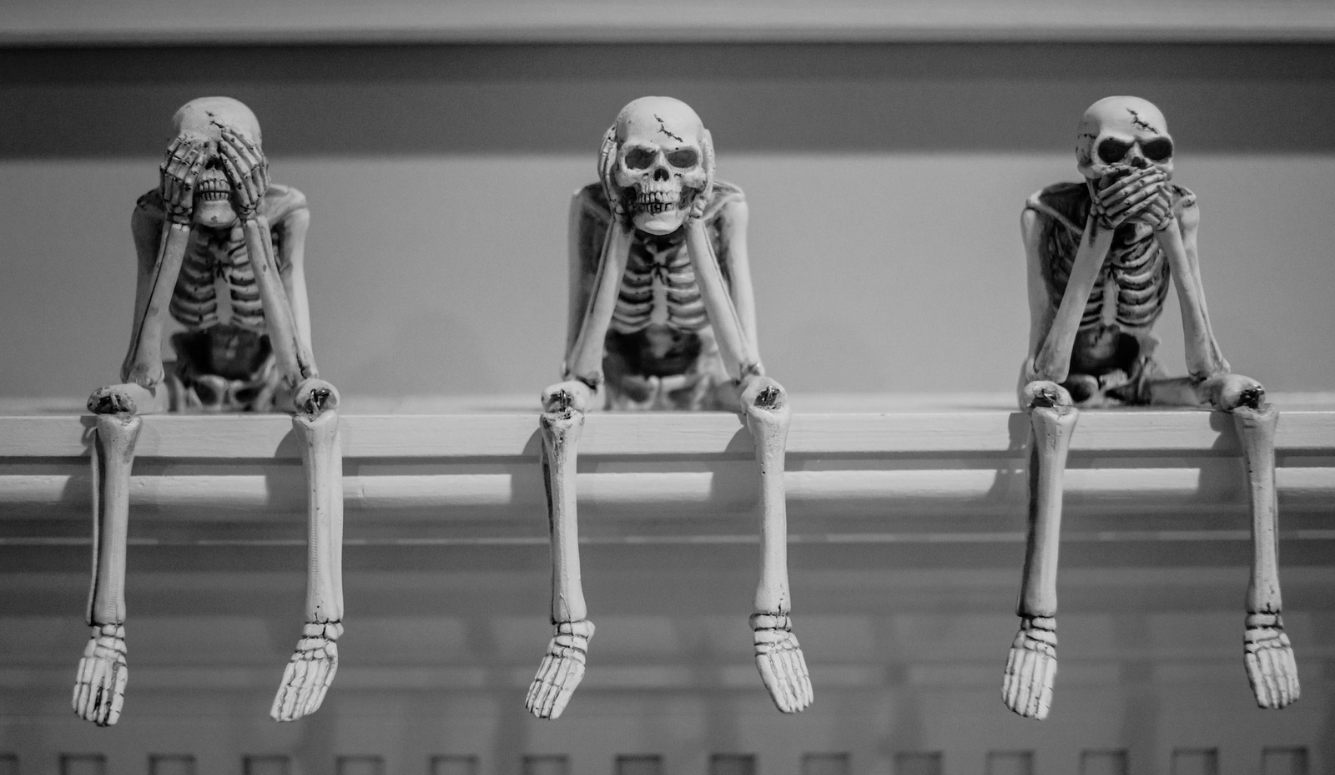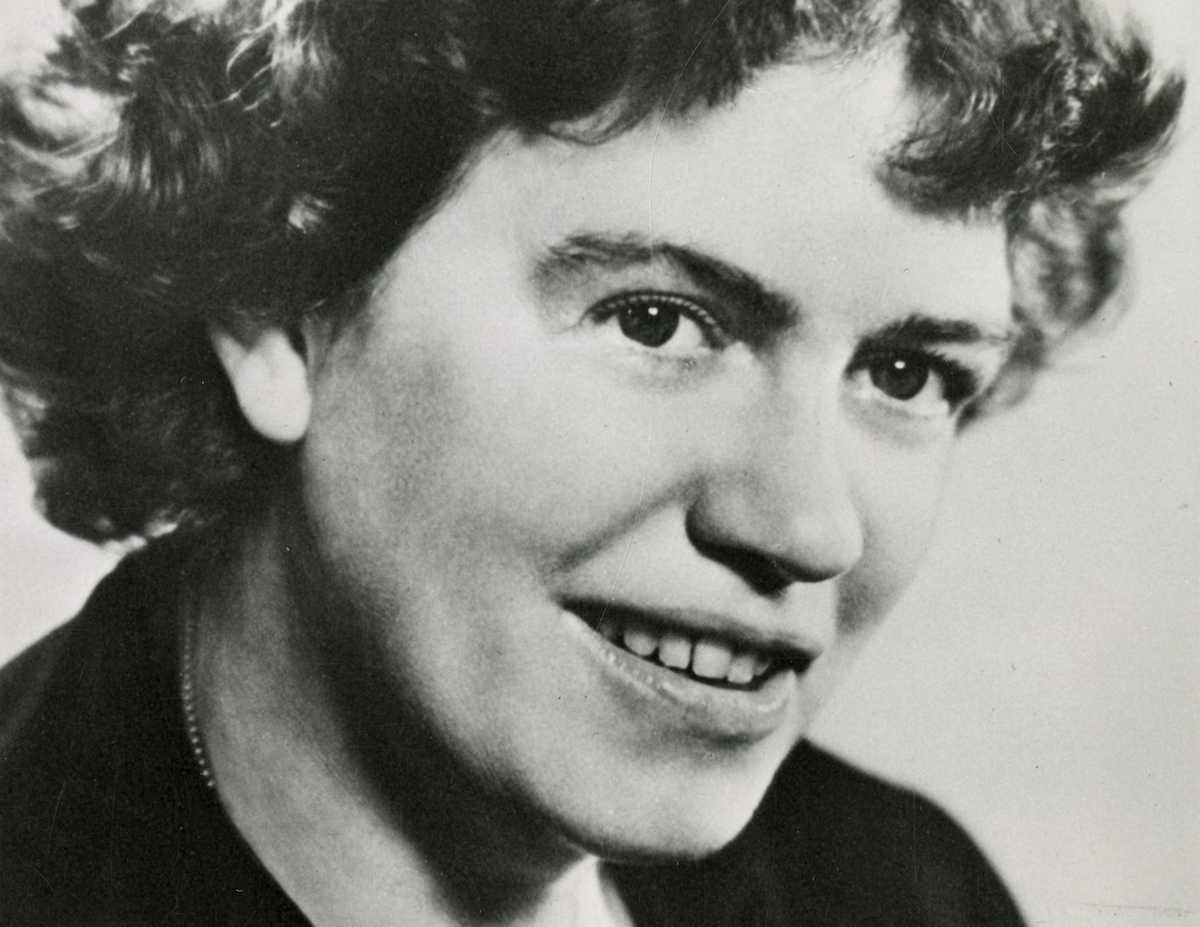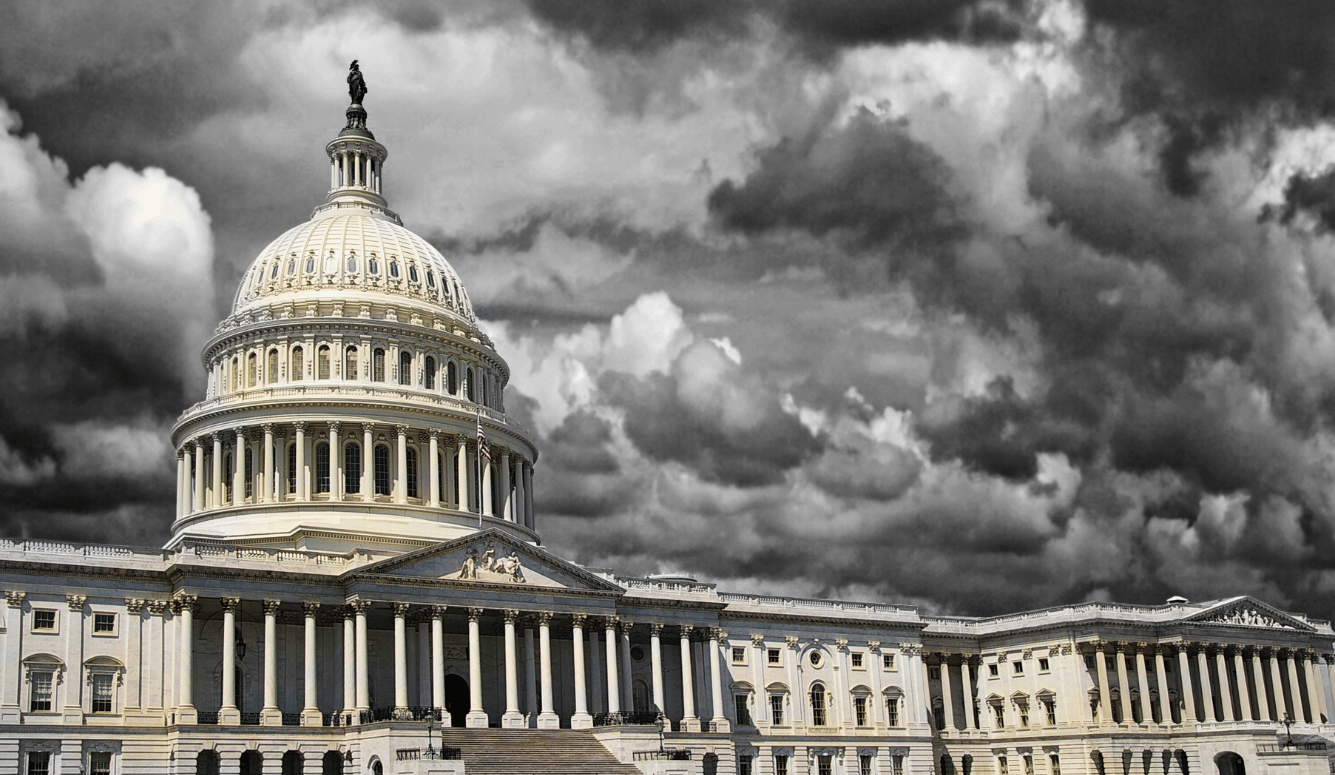Anthropology
The Sex of Skeletons
To suggest that a spirited discussion of the importance of sex and gender in archeology threatens “scientific integrity” is to misunderstand the nature of science.

Just in time for Halloween, the American Anthropological Association (AAA) and its Canadian counterpart (CASCA) have declared that skeletons, both male and female, can be scary. They can even cause harm! They were not referring to any supernatural shenanigans, however, but phantasms of their own creation.
Earlier this year, Kathleen Lowrey, Carole Hooven, Elizabeth Weiss, Silvia Carrasco, Kathleen Richardson, and Michèle Sirois proposed a session for the 2023 annual AAA/CASCA meeting, entitled “Let’s Talk About Sex, Baby: Why biological sex remains a necessary analytic category in anthropology.” The proposed session was accepted on 13 July, after having been reviewed by the AAA Section Program Chairs and CASCA’s Scientific Committee.
Elizabeth Weiss provided a detailed abstract of her own talk, entitled, “No bones about it: Skeletons are binary; people may not be,” which sets out the scientific issues at stake:
Sex identification—whether an individual was male or female – using the skeleton is one of the most fundamental components in bioarchaeology and forensic anthropology. Anthropologists have improved their ability to determine sex since their initial studies on skeletal remains, which depended on subjective assessment of skeletal robusticity to say whether someone was male or female. An understanding of physical differences in the pelvis related to childbirth, hormonal impacts on bones, and extensive comparative studies have provided anthropologists with an array of traits, such as those in the Phenice Method, to determine sex using just bones. The use of DNA to identify sex in skeletons by their 23rd chromosomes enables anthropologists to say whether infants are male or female for use in both criminal abuse cases and archaeological cases, such as in recognizing infanticide practices. Anthropologists’ ability to determine whether a skeleton is male or female is not dependent on time or culture; the same traits can be used to make a sex estimate in a forensic case in Canada, or to estimate sex in a Paleoindian dated around 11,500 years ago in Brazil. As anthropologists study more remains from more cultures and time periods, sex identification has improved, because sex differences are biologically determined. In forensics, however, anthropologists should be (and are) working on ways to ensure that skeletal finds are identified by both biological sex and their gender identity, which is essential due to the current rise in transitioning individuals and their overrepresentation as crime victims.
The session was organized by the feminist Kathleen Lowrey, who has spoken out about the importance of distinguishing between biological sex and gender and is concerned about the ways in which current gender ideology promotes the “erasure” of women, as she calls it. However, Lowery’s is not the only viewpoint the panel would have presented. The six scholars involved span a range of diverse perspectives on this topic. As described in an open letter the panelists later sent to the AAA:
Spanish anthropologist Silvia Carrasco planned to present data that looked at “sex-based oppression, violence and exploitation” and the difficulty of addressing these issues when biological sex is disavowed. UK anthropologist Kathleen Richardson’s abstract highlighted issues surrounding material disparities between the sexes in the tech industry that are being erased by counting men who identify as trans as women rather than by having more women enter the field. Francophone Canadian anthropologist Michèle Sirois was to offer an ethnographic account of the ways “in which Quebec feminists have organized to document, clarify and oppose the exploitative surrogacy industry that hides under the guise of ‘equity’ and ‘inclusion,’” and in which surrogacy policies which exploit poor women are cynically framed as liberatory.
Moreover, though the panel did not include any males, it did encompass significant intellectual and national diversity: covering three fields of anthropology, with scholars from four countries, speaking three languages.

Given the selection of speakers and topics, one might have imagined that this session would have been a hot ticket at the AAA annual meeting. However, as Elizabeth Weiss informed me, the AAA had scheduled the session at such an unpopular time that she had originally feared that the six speakers would end up alone in a room, arguing with each other.
This was not to be, however. Far from welcoming an open debate on a topic sure to provoke lively discussion and attract the attention of delegates, the AAA and CASCA—in an unprecedented move, and without informing the speakers in advance—summarily cancelled the session. The participants first learned about this in a 25 September letter from the presidents of the AAA and CASCA:
Dear panelists,
We write to inform you that at the request of numerous members the respective executive boards of AAA and CASCA reviewed the panel submission “Let's Talk about Sex, Baby: Why biological sex remains a necessary analytic category in anthropology” and reached a decision to remove the session from the AAA/CASCA 2023 conference program(me). This decision was based on extensive consultation and was reached in the spirit of respect for our values, the safety and dignity of our members, and the scientific integrity of the program(me). The reason the session deserved further scrutiny was that the ideas were advanced in such a way as to cause harm to members represented by the Trans and LGBTQI of the anthropological community as well as the community at large.
While there were those who disagree with this decision, we would hope they know their voice was heard and was very much a part of the conversation. It is our hope that we continue to work together so that we become stronger and more unified within each of our associations. Going forward, we will undertake a major review of the processes associated with vetting sessions at our annual meetings and will include our leadership in that discussion.
This letter itself is remarkably anti-scholarly. To suggest that a spirited discussion of the importance of sex and gender in the context of archeology threatened the “scientific integrity of the program” is to misunderstand the nature of science, which depends upon a healthy dialectic in order to make progress. Equally worrisome is the inference that somehow a discussion about sex and gender could “cause harm” to trans and LGBTQI members. This implies that free and open discussion of ideas in an academic setting can be harmful. This is not only anathema to science and scholarship itself, but it also presupposes that the delegates attending this academic conference have the sensibilities of schoolchildren.

This letter on its own would have been bad enough, but the leadership of the AAA and CASCA felt it was necessary to supplement it with a public statement with the loaded title: “No Place For Transphobia in Anthropology: Session pulled from Annual Meeting program.”
This is their central argument:
The first ethical principle in AAA’s Principles of Professional Responsibility is to “Do no harm.” The session was rejected because it relied on assumptions that run contrary to the settled science in our discipline, framed in ways that do harm to vulnerable members of our community. It commits one of the cardinal sins of scholarship—it assumes the truth of the proposition that it sets out to prove, namely, that sex and gender are simplistically binary, and that this is a fact with meaningful implications for the discipline.
This reveals a distorted understanding of science and misrepresents the content of the proposed session. As a scholarly organization, the AAA’s first ethical principle should be “Seek the truth and follow the evidence.” It is also misleading to suggest that the proposed panel would go against “settled science.” On the contrary, the existence of binary sex differences in many species, including humans, has long been a foundational part of our understanding of biology. The AAA argue that “There is no single biological standard by which all humans can be reliably sorted into a binary male/female sex classification.” By this, they are presumably alluding to the facts that not all humans have either XX or XY chromosomes, and that there are extremely rare genetic abnormalities that produce individuals who may present physical characteristics that do not reflect their underlying biological sex.
But this is a red herring. Firstly, as Elizabeth Weiss emphasized to me, when I spoke to her about the AAA episode, many of these individuals are infertile, suggesting that this phenomenon is a bug, rather than a feature, in humans. Secondly, such cases are an example of the exception proving the rule. Some humans are born with missing limbs, or without some working organs, and remain viable, and grow into adulthood. However, these abnormal cases do not contradict the fact that a reasonable working description of human anatomy involves two arms, two legs, two lungs, two kidneys etc. Human reproduction is binary and involves two vastly different gametes: ova and sperm. Generically, females produce larger gametes (ova), and males produce smaller gametes (sperm).
There is nothing transphobic about these statements. They imply nothing about gender dysphoria—and many if not most trans individuals are not genetically intersex in any case. Beyond acknowledging these biological fundamentals, nothing in the cancelled session suggested that gender (as opposed to sex) is binary at all. In fact, several of the discussions make the distinction between sex and gender explicit and seem to have been designed to examine this very distinction.
Thankfully, Heterodox Academy will now be hosting the panel on 8 November. You can find more details here.
The damage has been done, however. The leadership of the AAA and CASCA are demeaning anthropology as a field of social science and acting in opposition to the fundamental principles of academic progress, which is impossible without discussion and debate. Perhaps the most worrisome sentence in their letter is this statement of intent: “It is our hope that we continue to work together so that we become stronger and more unified within each of our associations.” Unity is nothing to be celebrated in science. Diversity, especially diversity of opinion, must be cherished and fostered. It is only through free and open debate that science and scholarship can hope to flourish.






